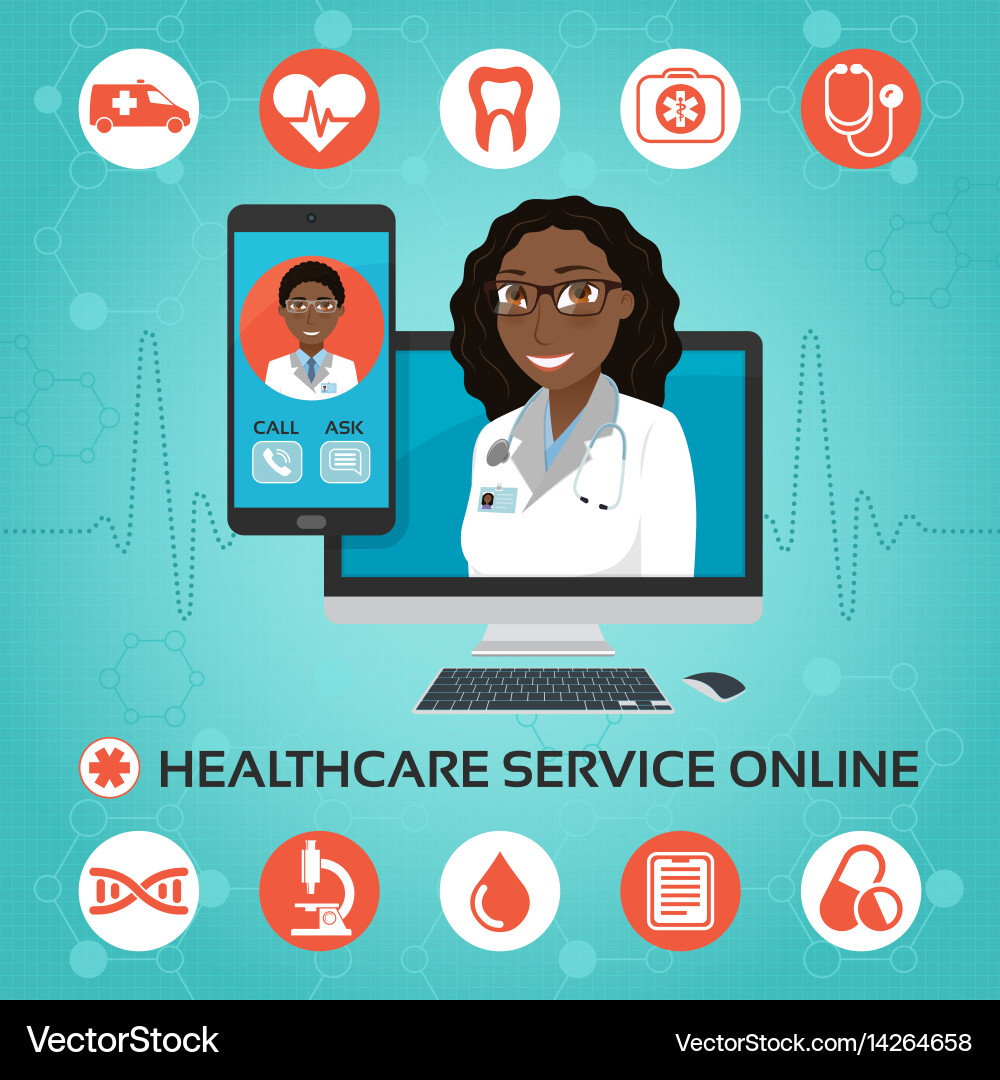Why Subscription Based Healthcare is Getting Appeal Among Patients Today
Why Subscription Based Healthcare is Getting Appeal Among Patients Today
Blog Article
Just How Subscription-Based Medical Care Is Transforming the Medical Industry

The Surge of Membership Healthcare
Recently, the medical care sector has witnessed a substantial change towards subscription-based models, reflecting broader consumer patterns favoring ease and predictability. This change is driven by the raising need for more customized and available care solutions. Subscription healthcare, occasionally described as concierge medication or straight health care, offers people a set regular monthly charge for a variety of clinical services, considerably altering standard fee-for-service designs.
The rise of subscription medical care is facilitated by improvements in innovation, which allow streamlined interaction between individuals and companies - subscription based healthcare. Digital systems and telehealth services have come to be indispensable, supplying people the capacity to schedule appointments, accessibility clinical records, and get consultations online. This technological integration not only enhances individual engagement however likewise allows service providers to provide more efficient care
Moreover, the subscription version aligns with the advancing expectations of people who look for even more control over their health care expenditures and experiences. While this model is acquiring grip, its expansion encounters difficulties such as governing difficulties and the requirement for more comprehensive acceptance within the conventional health care ecological community.
Advantages for Providers and people
Subscription-based healthcare supplies a multitude of advantages for both patients and companies, improving the dynamics of clinical care. For people, this version gives enhanced access to medical care solutions.
For health care service providers, subscription-based versions cultivate a more enjoyable and lasting technique. Administrative tasks are usually streamlined, decreasing above prices and permitting service providers to dedicate more time to client interaction. In general, subscription-based health care lines up the rewards of people and providers, advertising a much more efficient and patient-centered healthcare shipment system.
Key Features of the Design
Frequently, the essential attributes of the subscription-based health care design highlight its distinct technique to providing medical services. Central to this design is the concept of predictable, monthly payments, offering individuals a detailed series of services without the unpredictability of standard fee-for-service frameworks. This model usually includes limitless access to medical care solutions, precautionary care, and regular check-ups, ensuring that individuals can engage with their medical care providers proactively instead of reactively.
In addition, direct interaction networks, such as telemedicine and messaging systems, are emphasized, allowing clients to get prompt advice and consultations without requiring in-person appointments. This improves access and benefit, especially for individuals with movement restraints or those residing in remote areas. The design also fosters stronger doctor-patient partnerships, as doctor are incentivized to concentrate on long-lasting health end results as opposed to short-term sees.
Furthermore, subscription-based healthcare commonly incorporates technical advancements, such as digital health records and wellness surveillance applications, to supply efficient and individualized care. Individuals gain from collaborated and continuous care management, which is customized to their details health and wellness needs. Ultimately, these features collectively produce a patient-centered health care experience, focusing on accessibility, cost transparency, and preventative care.

Difficulties and Factors To Consider
While the subscription-based health care version uses many benefits, it is not without its obstacles and factors to consider. Registration versions might inadvertently favor those with higher socioeconomic standing, potentially widening differences in health care accessibility for lower-income people that may struggle with monthly costs.
One more challenge lies in governing conformity. Subscription-based medical care should browse a complicated web of guidelines that differ by region, consisting of concerns around individual discretion, information defense, and state licensing requirements. Ensuring conformity without hampering the version's flexibility and innovation can be intimidating for service providers.
Additionally, there is the threat of overutilization or underutilization of services. Individuals paying a dealt with charge might overuse solutions, leading to increased operational expenses, while others may underutilize as a result of fear of burdening the system, possibly ignoring required treatment.
Future Prospects and Innovations
The landscape of subscription-based medical care is positioned for change via emerging innovations and advancing potential customers. As modern technology remains to breakthrough, the assimilation of artificial intelligence and machine understanding offers substantial chances to boost diagnostic accuracy and streamline person monitoring. Anticipating analytics can revolutionize precautionary treatment by determining prospective health threats prior to they materialize, therefore lowering both costs and the burden on healthcare systems.
In addition, telemedicine is established to expand within membership models, offering clients enhanced access to medical care specialists regardless of geographical restraints. This not only assists in continuity of treatment but additionally empowers people to involve even more actively in their wellness management. Furthermore, blockchain innovation offers prospective in securing patient information and making certain interoperability across platforms, promoting count on and openness.
Collaborations between technology firms and healthcare service providers are most likely to generate ingenious services, enhancing client experiences and end results. As these potential customers materialize, subscription-based healthcare has the prospective to redefine how care is provided and accessed.
Verdict
Subscription-based medical care is transforming the clinical industry by Web Site offering an extra obtainable, predictable, and patient-centered technique to clinical solutions. This design boosts patient-provider partnerships, makes certain financial transparency, and stresses preventive care via unrestricted consultations and telemedicine. Regardless of difficulties such as regulatory obstacles and prospective disparities in access, the membership design holds guarantee for an extra personalized and efficient healthcare experience. As innovation advancements, better technologies are likely to deal with existing obstacles and maximize healthcare delivery.
Subscription medical care, often referred to as concierge medicine or direct key treatment, browse this site uses patients a fixed month-to-month cost for a variety of medical services, substantially modifying conventional fee-for-service models.
In addition, the registration version straightens with the developing expectations of clients that seek even more control over their health care costs and experiences. For individuals, this design gives boosted access to health care services. Generally, subscription-based healthcare aligns the incentives of individuals and providers, promoting an extra reliable and patient-centered health care distribution system.
In addition, telemedicine is set to broaden within subscription versions, offering clients enhanced access to health care specialists no matter of geographical restrictions. - subscription Source based healthcare
Report this page